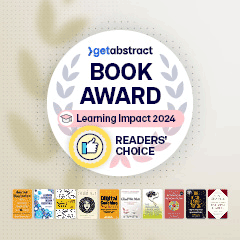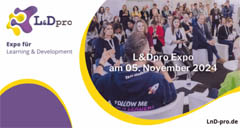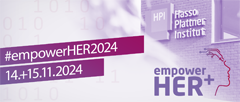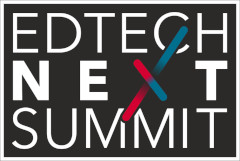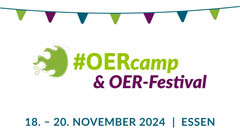Department for Work and Pensions Chooses Eedo
 London (UK), February 2008 - Eedo Knowledgeware has recently announced that the Department for Work and Pensions (DWP) is standardising its learning content management system (LCMS). The decision follows the largest eLearning pilot programme within the UK government, at Jobcentre Plus. CHECK.point eLearning spoke with John Hudson, President and CEO of Eedo, about this project and how ForceTen™ helps to equip employees with the knowledge they need to realise their full potential and meet the government's business goals.
London (UK), February 2008 - Eedo Knowledgeware has recently announced that the Department for Work and Pensions (DWP) is standardising its learning content management system (LCMS). The decision follows the largest eLearning pilot programme within the UK government, at Jobcentre Plus. CHECK.point eLearning spoke with John Hudson, President and CEO of Eedo, about this project and how ForceTen™ helps to equip employees with the knowledge they need to realise their full potential and meet the government's business goals.
Eedo has just started a project with the Department for Work and Pensions. Could you please give us some details? What is the goal of the project?
John Hudson: The Department of Work and Pension's Job Center Plus (JCP) project, began in 2005 and was completed in 2006. Its aim was to develop 300 hours of learning materials, among which approximately 100 hours were to be used to re-train job center agents in new working processes and the handling of corresponding IT systems.
To manage the development of the vast number of materials required in an extremely short timeframe, JCP decided to depart from its usual content-development process, which to a large extent involved external suppliers developing packages over which JCP had no control for reuse or updating. Instead, JCP decided to use their main supplier, PA Consulting, to trial content development using the Eedo ForceTen™ learning content management system (LCMS). Having the content developed in an LCMS, JCP was able to manage the content moving forward, allowing for future re-use and content updates.
The efficiency of content development compared to earlier processes was so impressive that the Department of Work and Pensions decided to roll out the LCMS across the entire organisation, with its 150-strong content developer community, reaching over 100,000 learners (staff) in the following departments: Jobcentre Plus, The Pensions Service, The Child Support Agency, Disability Careers Service, and Corporate and Shared Services.
How is your LCMS helping to transform training at the DWP?
John Hudson: DWP is now systematically bringing all content development in-house, which is a significant departure from earlier outsourcing strategies. Subject experts, project managers, and instructional designers are all working collaboratively using a system workflow driven process that spans from storyboard through media development to approval and quality assurance.
What are the greatest challenges you are facing and how do you plan to solve them?
John Hudson: Some of the major challenges we see the DWP facing include dealing effectively with strict accessibility regulations, retraining and up-skilling 150 training developers to become proficient users of the LCMS using a blended-learning-based certification scheme, and getting all stakeholders to agree on joint standards for -œlook and feel- that are embedded in a complete set of templates.
Eedo's ForceTen LCMS supports accessibility standards as dictated by the Disability Discrimination Act as well as Web standards, such as W3C. Our training and certification programs fully equip participants with the knowledge required to maximize the benefits of Eedo's ForceTen application. Eedo also provides monthly reviews of critical features, access to a discussion group, as well as an in-depth overview of all new product features and enhancements, along with instructions on how to use each of the items. Together, these programs guarantee the up-skilling of our developer customers to ensure they are using the full range of features within the LCMS.
Eedo has worked with other public sector departments. What lessons have you learned that are useful for your project with the DWP?
John Hudson: Eedo has an extensive list of government customers from around the world, including HM Revenue and Customs, the Foreign Commonwealth Office, EuroControl, the US Department of Energy and the Internal Revenue Service, Correctional Services Canada, and well as provincial governments and local police and fire departments. Among the lessons Eedo has learned from these government projects is that the pace and timescales can vary from commercial projects, but like all projects, aims and objectives need to be clearly defined in the beginning of the process and need to have buy-in at the highest organisational level.
We have also learned that the procurement processes can be slow, and therefore the budget for the entire project should be available and cleared at the outset. Lastly, strong change management and project management from within the client organisation are crucial.



